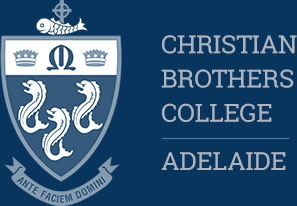Include a balance of complex carbohydrates like cereals, bread, pasta, proteins like milk, yoghurt, cheese, eggs, fish and fruit, fresh, canned or juice.
Archives
Consider the Feingold diet
Limit your child’s intake to synthetic food dyes, artificial flavours, flavour enhancers and preservatives. After a period of total abstinence from food with additives you can begin reintroducing foods one at a time while looking for behavioural reactions to specific […]
Limit Television And Video Games
It is suggested that frequent changes of camera and focus may actually program a short attention span. Television advertisers capture a viewers attention by capitalizing on the brains instinctive responses to danger through the use of sudden noises, close-ups, pans, […]
Teach Self Talk Skills
Self talk represents a process whereby an individual develops keys phrases that can guide him through a complex situation. He learns to repeat phrases to himself at appropriate times of need. Self talk can assist in developing self control of […]
Find Out What Interests Your Child
Rather than focus on the things the child is NOT interested in find out what does interest him and help them to develop in these areas. To find out what interests him observe during times when no-one is telling him […]
Promote A Strong Physical Education Program In The School
Students who run and participate in jumping or field exercises for forty minutes a day show less aggression on the days they exercise than on the days they don’t.
Enrol Your Child In A Martial Art Class
Martial arts train children to control their boundless supplies of energy, develop a skill that is highly valued in their peer group and promotes respect for others through their ritual courtesies and ethical values such as bowing.
Discover Your Child’s Personal Learning Style
Seven ways in which children learn or solve problems: Linguistic – through use of words. These children need books, audio tapes, writing implements, discussions, debates. Logical-mathematical – through use of reasoning. These children need logical problems to think about, science […]
Hold A Positive Image Of Your Child
Change how you think about your child from a negative label to positive attributes. Instead of thinking of your child as: Think: Hyperactive Impulsive Distractible A daydreamer Energetic Spontaneous Creative Imaginative Inattentive Unpredictable Argumentative Global thinker with a wide focus […]
Use Natural And Logical Consequences
To apply natural consequences ask, “What would happen if I didn’t interfere?” What are the inevitable consequences of a child’s actions that don’t require the intervention of a parent? E.g. The child won’t eat his dinner. Consequence is hunger.



